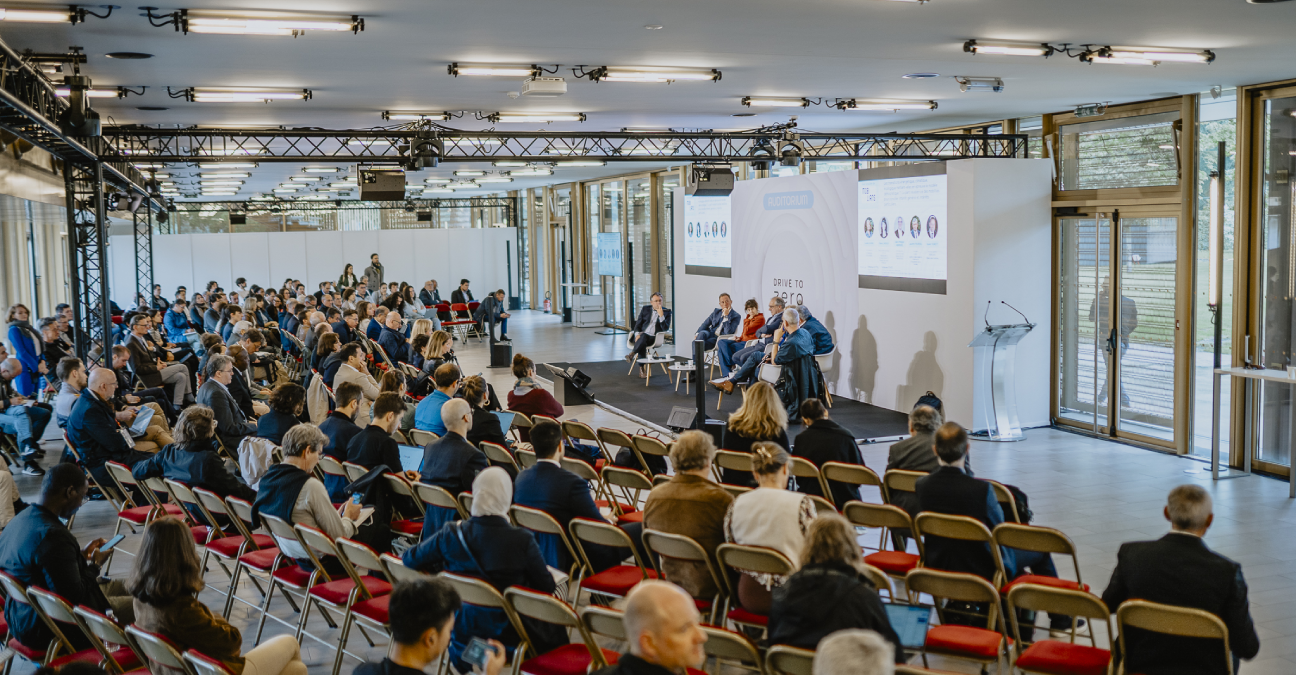The plenary session at Drive to Zero 2024 highlighted the tensions inherent in the ecological transition, and in particular the social and democratic issues it raises. Beyond the environmental issues, it is an entire model of society that is being challenged.
Mobility, as a key lever in the energy transition, is at the heart of today’s challenges. How can we reconcile the need to reduce our carbon footprint with people’s need for mobility? Episodes of social protest, such as the “Gilets Jaunes”, have shown that the energy transition cannot be achieved at the expense of the most vulnerable.
Ecology at the Heart of Inequality
The Pisani-Mahfouz report highlighted an alarming fact: efforts to make the ecological transition are not being shared fairly. The poorest households are the most exposed to rising energy costs and changes in lifestyle. This social inequality, far from being anecdotal, risks weakening the social fabric and compromising acceptance of the transition.
Ecological Transition, a Major Political Issue
The ecological transition has become a major political issue. Decisions taken at this level have a direct impact on the lives of citizens and on the future of the planet. Yet politicians are struggling to reach a consensus and implement effective and fair measures.
Several reasons may explain this difficulty:
- The complexity of the issues: The ecological transition involves many areas (energy, agriculture, industry, transport) and requires advanced scientific knowledge.
- Economic pressures: Economic players, often reluctant to change their production methods, exert an influence on political decisions.
- Social divisions: Social inequalities and different perceptions of environmental issues make it difficult to build a consensus.
- Fear of popular backlash: Politicians fear the electoral consequences of unpopular measures, which leads them to postpone difficult decisions.
The Keys to a Successful Transition
To make a success of the ecological transition, it is essential to:
- Putting social justice at the heart of the transition: Putting social justice at the heart of the transition: Policies must be designed to reduce inequalities and protect the most vulnerable.
- Long-term planning: A clear vision of the future needs to be defined and monitoring and evaluation mechanisms put in place.
- Involving all stakeholders: Citizens, businesses, local authorities and associations must be involved in building the transition.
- Communicate in a transparent and educational way: The issues involved in the transition must be explained simply and clearly to encourage support.
- Innovation: We need to encourage research and development into new technologies and new business models.
Challenges
The ecological transition is a complex process that requires a number of challenges to be met:
- Behavioural change: Citizens must be encouraged to adopt more sustainable lifestyles.
- Transformation of business models: Companies must adapt to a new context and invest in cleaner technologies.
- Coordination of players: The different levels of governance (State, regions, local authorities) need to work together.
- Risk management: We need to anticipate the consequences of the transition and put in place compensation mechanisms.
CONCLUSION
The ecological transition is a major challenge for our societies. It requires an unprecedented mobilization of all stakeholders. By placing social justice at the heart of our concerns, by promoting dialogue and cooperation, and by focusing on innovation, we can build a more sustainable and equitable future for all.
Featuring interventions from:
- Laurent Favreau, president of the SYDEV (Syndicat départemental d’énergie et d’équipement de la Vendée)
- Lucile Schmid, co-founder and vice-president of the Fabrique écologique
- Jean-Philippe-Hermine, director of the Institut des Mobilités en Transition, SciencesPo Paris
- Marie Chéron, researcher, responsible for “Vehicle Policy” at the European Association for Transport and the Environment, and Member of the Forum des Vies Mobiles
- Xavier Horent, general director of Mobilians – Alliance des Mobilités
And hosted by:
- Guillaume Doyen, director of the « local authorities » editorial at Infopro Digital
- Emmanuel Duteil, editor in chief of « L’Usine nouvelle »

